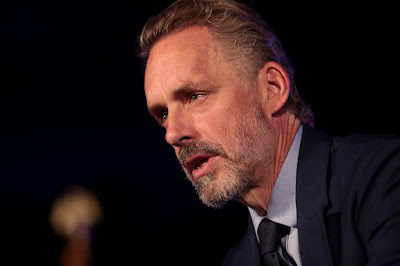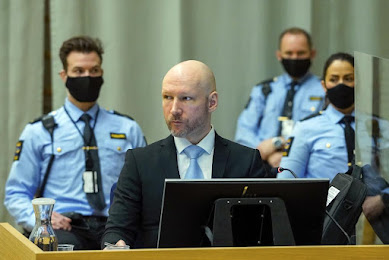Einstein's preference for Judaism as a moral system.
Mein Weltbild, Amsterdam: Querido Verlag, 1934
(Albert Einstein, Ideas and Opinions, New York, Bonanza Books, 1954, pp. 184-185. Also, Einstein's The World as I See It,Philosophical Library, New York, 1949, pp. 111-112)"If one purges the Judaism of the Prophets and Christianity as Jesus Christ taught it of all subsequent additions, especially those of the priests, one is left with a teaching which is capable of curbing all the social ills of humanity.
It is the duty of every man of good will to strive to steadfastly in his own little world to make this teaching of pure humanity a living force, so far as he can. If he makes an honest attempt in this direction without being crushed and trampled underfoot by his contemporaries, he may consider himself and the community to which he belongs lucky."
Einstein's appreciation for the uniqueness of Jesus.
Einstein expressed his attitude toward Jesus in an interview by George Sylvester Viereck that he gave to The Saturday Evening Post (October 26, 1929). He was asked, "To what extent are you influenced by Christianity?When asked if he had read Emil Ludwig’s book on Jesus, Einstein stated, "Emil Ludwig’s Jesus is shallow. Jesus is too colossal for the pen of phrasemongers, however artful. No man can dispose of Christianity with a bon mot."
In the same interview, Einstein was asked if he accepted the historical Jesus.
He answered, "Unquestionably! No one can read the Gospels without feeling the actual presence of Jesus. His personality pulsates in every word. No myth is filled with such life. How different, for instance, is the impression which we receive from an account of legendary heroes of antiquity like Theseus. Theseus and other heroes of his type lack the authentic vitality of Jesus.” (Einstein, as cited in Viereck 1929; see also Einstein, as cited in the German magazine Geisteskampf der Gegenwart, Guetersloh, 1930, S. 235).
George Sylvester Viereck said, "Ludwig Lewisohn, in one of his recent books, claims that many of the sayings of Jesus paraphrase the sayings of other prophets."
"No man," Einstein replied, "can deny the fact that Jesus existed, nor that his sayings are beautiful. Even if some them have been said before, no one has expressed them so divinely as he."
Einstein on the relationship of Science and Religion.
"Science without religion is lame, religion without science is blind." ("Science, Philosophy and Religion: A Symposium", 1941.)









